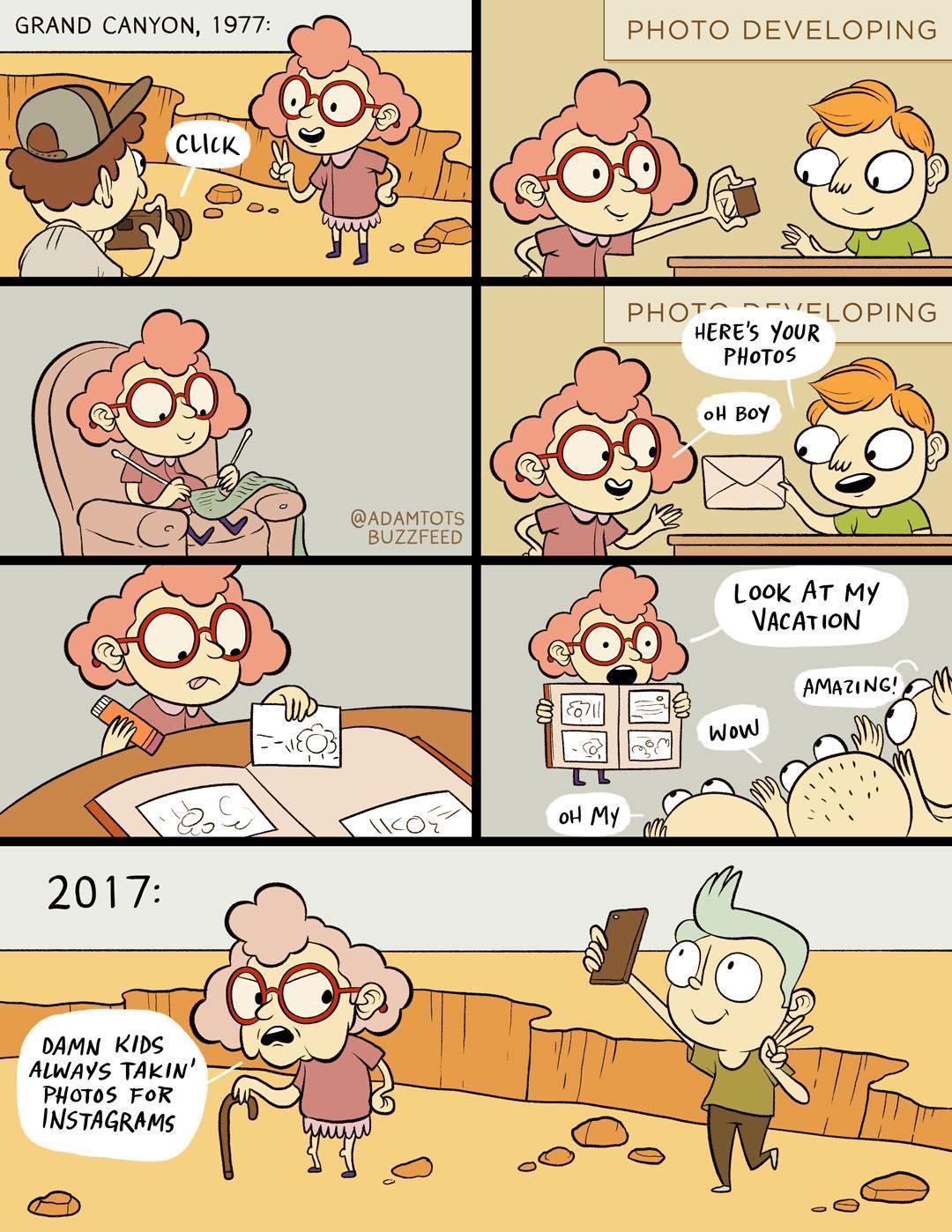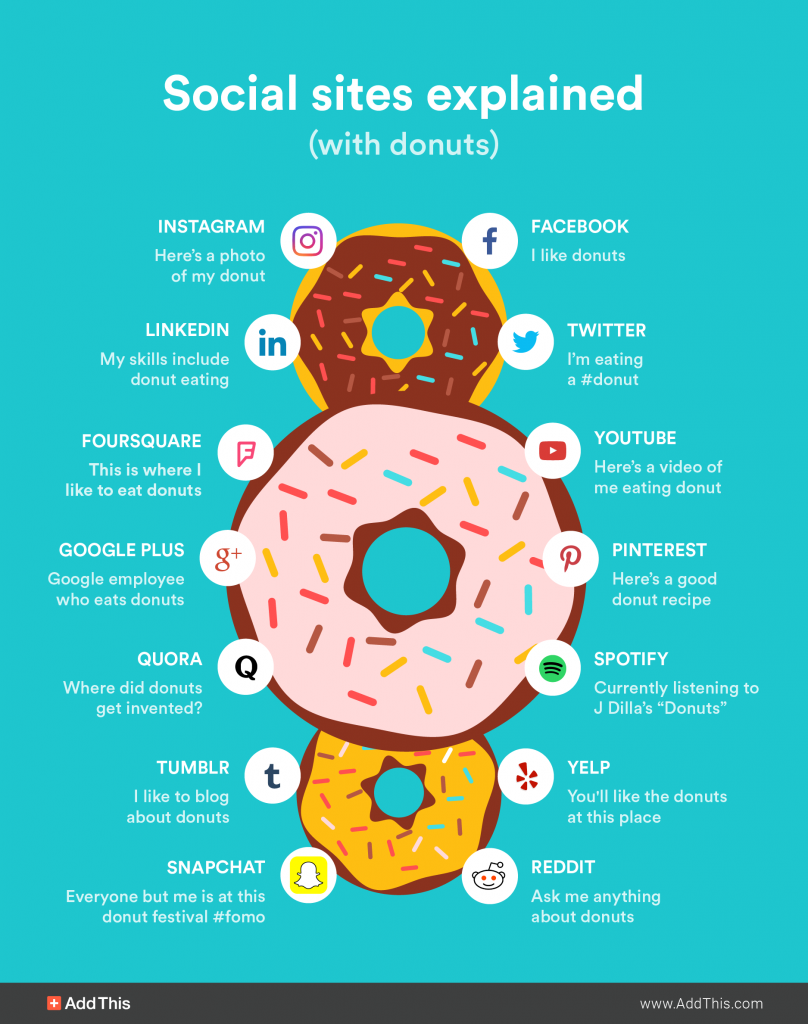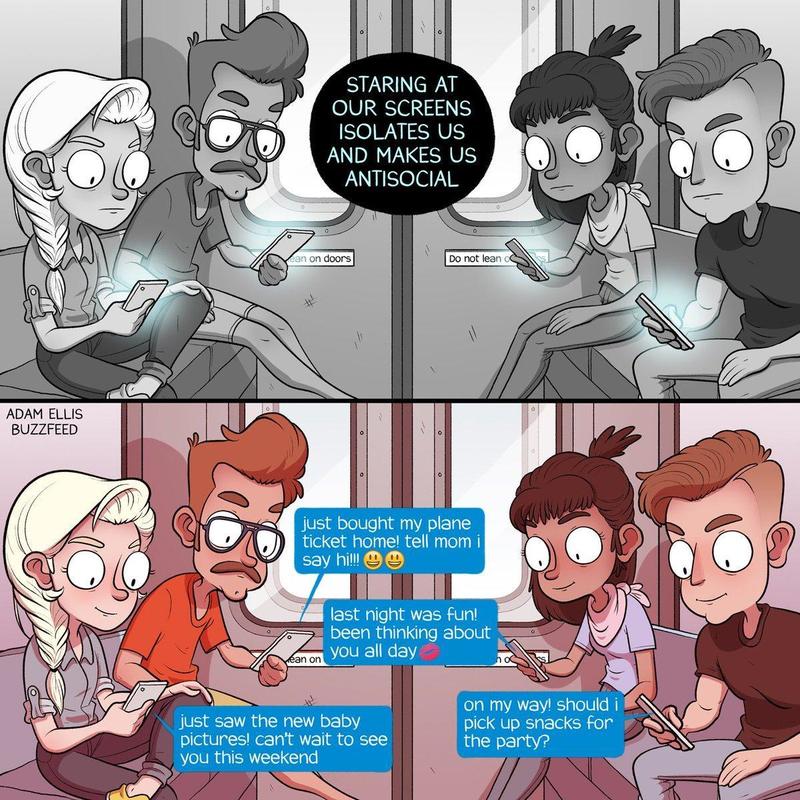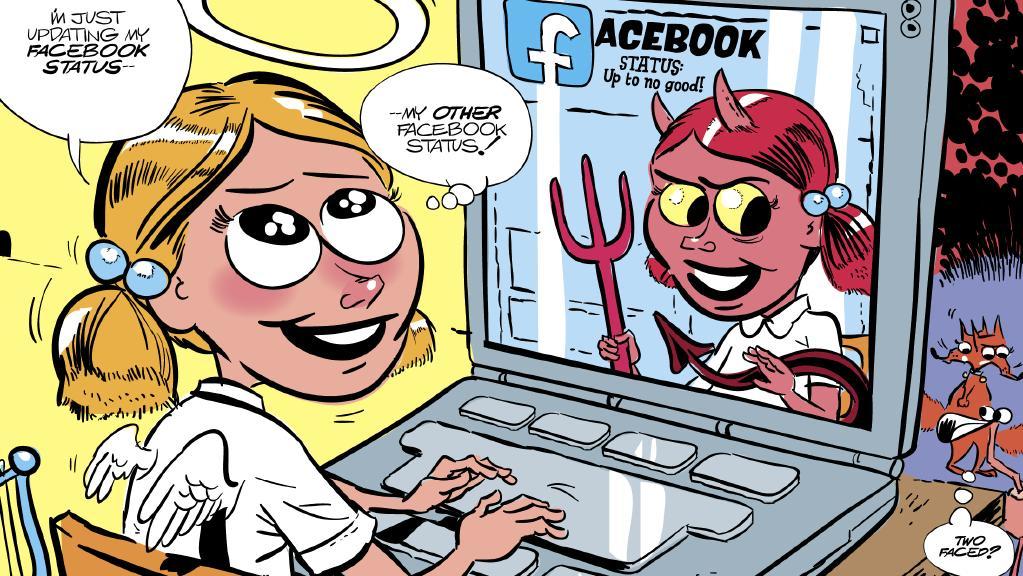|
Human communication has come a long way. From cave painting, to writing, to international post, to voice telecommunication, and now a global network of data and information – the world wide web! The evolution of communication continues online and faster than ever. As the first generation to grow up with online communication as their standard, today’s children have been called “internet natives’. They pass text messages instead of notes, send emails instead of letters, and spend much of their social time in cyberspace. Their favourite entertainers may be on YouTube, not television, and instead of barracking for a football team, they may be keen members of online fandoms (or both!). Some adults may not feel so comfortable in cyberspace, however. Even parents who use Facebook, Pinterest or Twitter may not feel as excited by online activity as children who never knew the world before social media and streaming video. This technological “generation gap” can create tensions at home, when well-meaning parents attempt to place limits on internet use without fully understanding what it means to their child - essentially grounding them from the cyber playground. For parents in that situation, it can help to know that behind the weird culture and complex technology of the internet is something old and simple – people communicating, connecting, and forming communities. Credit: Adam Ellis Here is a cheat-sheet outlining some commonly-used social media platforms: Credit: www.addthis.com Or perhaps a more easily relatable version for parents here. Regardless of how someone feels about social media, it is here to stay. It is also important to acknowledge that online relationships are REAL relationships, with scope, depth and feeling. Online media allow people to connect, collaborate, commiserate, and celebrate, and have created global citizens able to share ideas and thoughts instantaneously around the world. Perhaps most importantly, the internet provides social and intellectual access for people who struggle to fit into their local community, whether that’s due to disability, isolation, or just being a wonderfully weird and atypical human. Social media is not the enemy. Credit: Adam Ellis Yes, like everything else, the internet has a dark side, and parents have the challenging job of ensuring it doesn’t harm their children. The best, longest-lasting way to do that is to learn about the medium, teach children to navigate cyberspace safely, and create a judgement-free environment that allows children to speak frankly with their parents about online experiences. Most people use the internet respectfully and with good intentions, but some individuals use the mask of anonymity online to victimise others. Common terms for this are “cyber harassment”, “online interpersonal harm” or “internet-related harm”, and can take many forms, such as: Cyberbullying - using power in a relationship to repeat online behaviour that causes physical and/or psychological harm; this can also take the form of peer pressure in group chats and social media, where peers make someone change their behaviour or do something they don’t really want to do Unwanted contact - cyberstalking (repeated unwanted contact via online media) and online threats (directly or indirectly making someone afraid for their safety or wellbeing) Harassment - trolling (being deliberately provocative to make someone angry or distressed), doxxing (releasing private information about someone to make them easier to target), swatting (calling in fake emergencies at someone’s address, causing emergency services and police to attend) Identity harm- gaslighting (denying someone’s identity or experience to cause them doubt and uncertainty) and catfishing (pretending to be someone very different online, often to gain attention or trust) Sexual harm - grooming (cultivating a close relationship with someone, usually young and/or vulnerable, with the goal of taking advantage of them), threats of sexual assault, revenge porn, asking for and publishing real or fake pornographic images, and other sexually-offensive behaviour The answer seems simple: take the internet away from children. Unfortunately, this can be the worst option. Despite some risks, the internet is where many children and teens explore their social lives and make the human connections necessary to healthy emotional growth. Banning a child for being harmed would be like ordering them to stay away from the playground and isolate themselves from friends because they have been bullied. Study after study has shown that prohibiting teens from using social network sites pushes them to maintain secret accounts. A child who gets punished for disclosing their social media troubles will be reluctant to discuss their online activity with adults, possibly with disastrous results: kids interacting online without the benefit of parental guidance. Let’s look at some research: According to the McAfee Digital Deception Study 2013: Exploring the Online Disconnect between Parents & Pre-teens, Teens and Young Adults, most parents shy away from overseeing their children’s networked activities as they feel outpaced by online technology:
Credit: JosValdman The evidence is clear - cyber literacy is important to effective parenting of this digital generation. Participate in your child’s online life, just as you would their offline activities. Foster an open, curious, and non-punitive home environment where your child is regularly invited to share their online joys and woes without fear of a dismissive or punishing response. The worst-case scenario here isn’t your child telling you an adult is asking them for naked photos. The worst-case scenario is that they don’t. So, what CAN you do if your child tells you that they have been harmed online? Part 2: Hashtag You’re It: Parenting tips for responding to online harm. If you feel overwhelmed and would like guidance on parenting in the digital age, Hopscotch and Harmony psychologists can support you in making informed decisions about gaming and social media use that fits the needs and culture of your family. Contact us!
Comments are closed.
|
Categories
All
|
Hopscotch & HarmonyAt Hopscotch & Harmony Psychology, you can expect compassionate care and evidence-based guidance on your journey to wellness.
With clinics in Werribee and Belmont, as well as providing online counselling to clients who live throughout Australia, our dedicated team of psychologists and dietitians are committed to providing support to children, teenagers and adults. With a focus on understanding your unique needs, we offer tailored solutions to foster growth and resilience. Trust in our experience and dedication as we work together towards your well-being. Welcome to a place where healing begins and possibilities abound. |
Our services |
Contact usHopscotch & Harmony
Child, Teen and Adult Psychology Our Locations:
WERRIBEE: 1/167-179 Shaws Rd
BELMONT: 92 Roslyn Rd AUSTRALIA-WIDE: Online counselling |
Hopscotch and Harmony respectfully recognise the Aboriginal and Torres Strait Islander people as the first Peoples of the continent now called Australia.
We acknowledge the Bunurong and Wadawurrung people of the Kulin Nation, the traditional owners of the land on which we work, and pay our respects to their Elders, past, present and emerging.
© 2024 Hopscotch and Harmony Pty Ltd








 RSS Feed
RSS Feed
